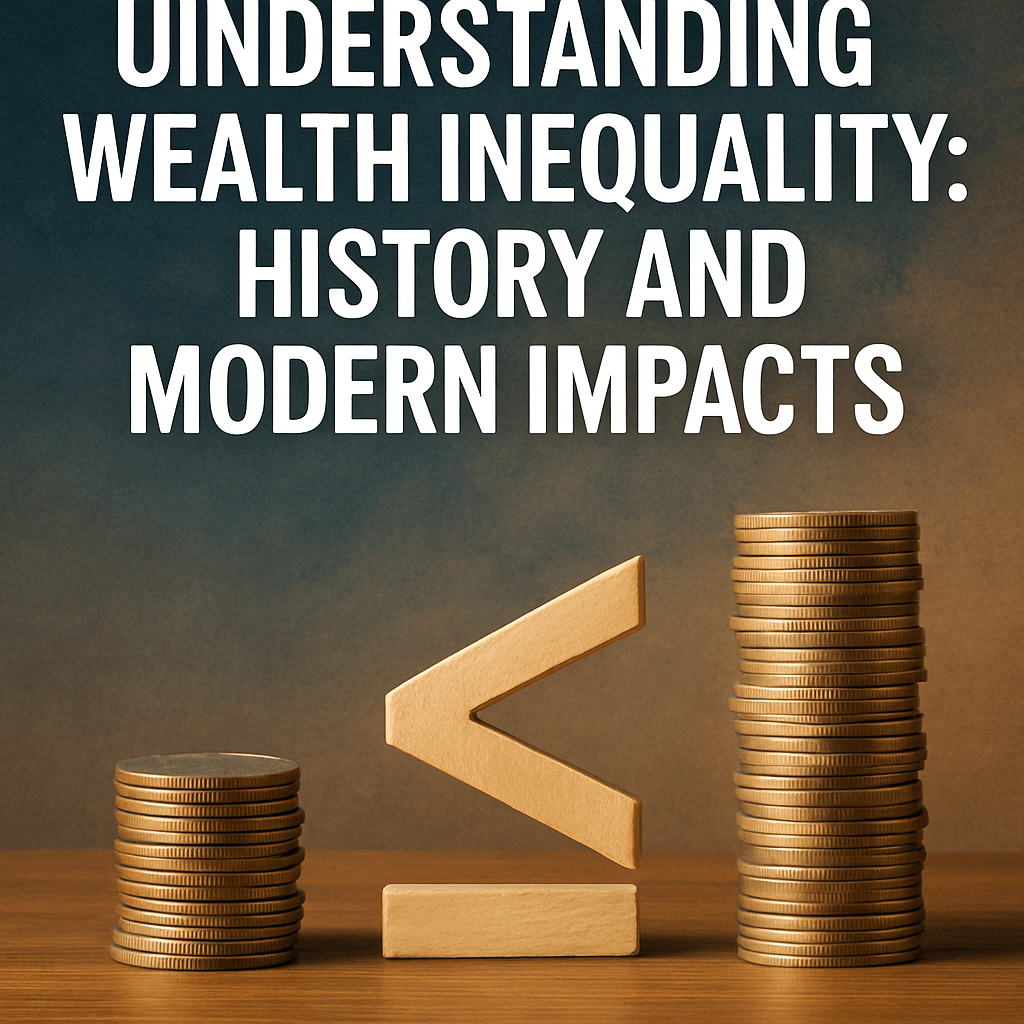Understanding Wealth Inequality: History and Modern Impacts

As Ivan Boesky famously stated in a 1986 speech, “I think greed is healthy. You can be greedy and still feel good about yourself.” This sentiment was popularized by the fictional character Gordon Gekko in the film “Wall Street,” yet it resonates profoundly with real-world financial dynamics. Boesky’s assertions came shortly before significant economic turmoil, including the infamous Black Monday on October 19, 1987, when losses in the global stock market were estimated at $1.71 trillion.
During this period, the aesthetic of capitalism, encapsulated in terms like “savage capitalism,” became synonymous with power suits and yuppie culture. Renowned designer Giorgio Armani foresaw changes in the fashion sense, stating, “At this moment of the world, one has to rediscover a little heart, and fashion can help. One has to have the courage to show oneself a little bit as one is inside.” This idea of introspection may be relevant in our current socio-economic climate.
The Persistence of Greed and Economic Policy
The post-1980s landscape in the United States, marked by policies influenced by neoliberal economic theory, has seen a profound shift in wealth distribution. Successive administrations pursued high-income tax cuts for the wealthy, masked as benefits for the working class. This approach, however, lacked accompanying austerity measures, resulting in an unsustainable accumulation of public and private debt. As Dick Cheney remarked in 2003, “Reagan proved deficits don’t matter,” highlighting a prevailing attitude that prioritizes tax cuts over financial accountability.
Over the span of decades, this has led to what some analysts describe as the most significant upward redistribution of wealth since World War I. The top 10% of U.S. households now own approximately 79% of the nation’s wealth, a statistic provided by the OECD in their 2024 report on income and wealth inequalities.
The Current Wealth Landscape
Today, we find ourselves amid a disturbing trend where billionaires are increasingly overshadowed by centi-billionaires—individuals with net worths exceeding $100 billion. The wealth of prominent figures like Elon Musk, Jeff Bezos, and Mark Zuckerberg collectively exceeds $640 billion, reminiscent of a modern-day court of Versailles. In stark contrast, many individuals in Trump’s electoral coalition—composed mainly of lower-income, rural voters—find themselves at the economic periphery.
- Tracking Wealth Distribution:
- The wage growth for the bottom 90% has been almost stagnant, with inflation-adjusted wages barely moving in the last four decades.
- The disparity in wealth continues to drive societal divisions, amid rising discontent among economically marginalized groups.
The Economic Implications of Trump’s Policies
Trump’s “One Big Beautiful” budget proposal has been classified as a “shiny populist package hiding a brutal class agenda” by critics. Projections indicate this plan could add over $3.1 trillion to the national debt while offering permanent tax cuts for the wealthier class, with concessions to working-class constituents set to expire in 2028. The non-partisan Committee for a Responsible Federal Budget has suggested that such measures will exacerbate existing inequality and jeopardize funding for essential services.
Moreover, notable components of the budget include provisions that potentially weaken judicial powers, prohibiting courts from enforcing contempt citations against federal injunctions lacking security bonds. This leads to fears that Trump’s administration could circumvent essential checks and balances, effectively consolidating power.
Future Trends and Policy Directions
As the wealth gap continues to widen, with implications for democracy itself, it raises important questions regarding future governance. Political figures like Nigel Farage have recently vowed to appeal to working-class concerns, yet critics argue that substantive policy proposals often lack transparency or feasible funding.
Such initiatives may veer dangerously close to populism without concrete economic strategies, leaving vulnerable populations without true support. In response to the burgeoning hard-right movements globally, traditional political frameworks need revitalization and reevaluation.
Lessons from Past Economic Cycles
The cyclical nature of economic policies in the past showcases that without accountable governance and equitable distribution mechanisms, societal unrest can intensify. Lessons learned from the 1980s point to the necessity of addressing wealth inequality through tax reforms and progressive policies that prioritize not just the affluent but also the middle and lower classes.
“A government’s first responsibility should be to the electorate it serves, ensuring that the social fabric functions for all, not just the privileged few.”
Conclusion
The dangers of wealth inequality and politically fortified populism present pressing challenges that require immediate attention. As we observe contemporary political maneuvers reminiscent of historical trends, it is critical to advocate for policies that genuinely address the needs of all citizens, ultimately redefining the narrative of greed and its ramifications in society.
In examining the past, we can pave ways toward a more equitable future—one where collective well-being supersedes individual accumulations of wealth.
Source: diyinvestor